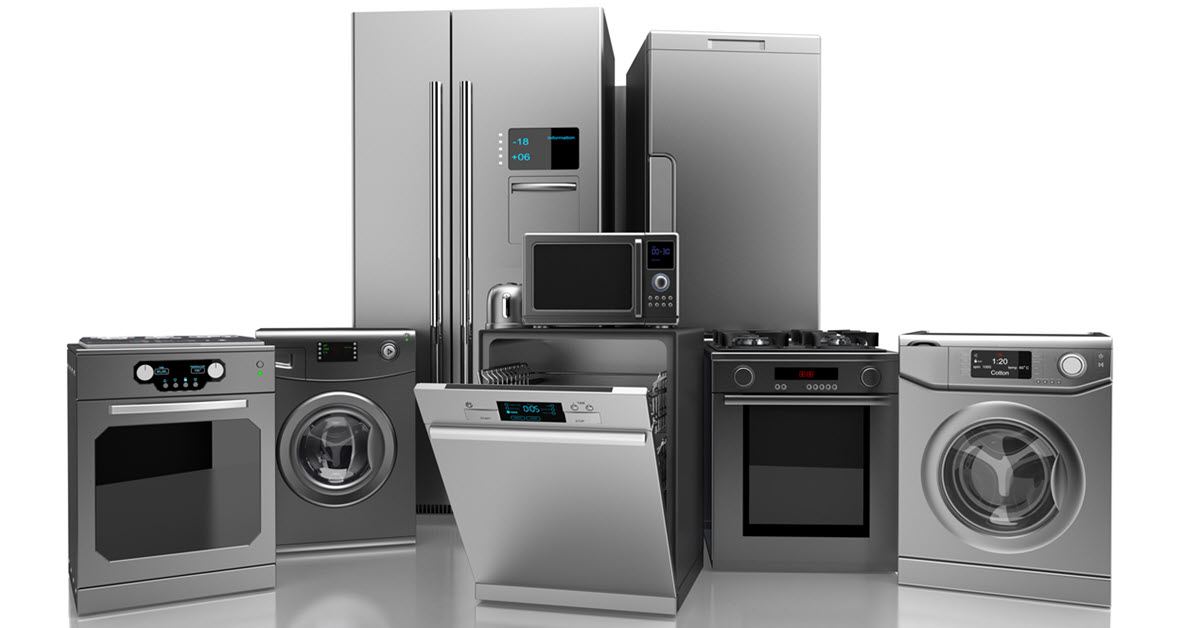
You probably use at least one household appliance every day, and you may not even think of the dangers posed by these foundations of modern life.
Taking good care of your household appliances can extend their life and keep you and your family safe. Use the following tips to keep your appliances in safe working order.
Old or defective appliances that trip your circuit breaker, spark, or stall can cause a fire or electric shock. Immediately unplug and discontinue use of the appliance and contact a professional for repair or replacement.
Keep appliances away from water. If an appliance falls into water, do not attempt to retrieve it until you’ve cut the power to the circuit.
Never touch a plugged-in appliance while standing in water or with wet hands.
Small appliances should be approved by an independent testing laboratory, like Underwriters Laboratories (UL) or MET Laboratories (MET). Look for the symbol on all approved appliances.
Unplug small electrical appliances—curling irons, hair dryers, irons, kettles, toasters, etc.—when not in use. This practice protects against short circuits and may also help lower your electric bill!
Ensure appliances are switched off before plugging them in to prevent accidental starts.
Keep appliance cords as short as possible. When buying new appliances, look for ones that have automatic shut-off and retractable cord features.
Regularly inspect appliance cords for damage or frays—especially if you have pets. If you notice any cord damage, stop using the appliance immediately and replace it or have a professional repair it.
Use ground fault circuit interrupter (GFCI) outlets in kitchens, bathrooms, and laundry rooms to protect against electric shock. In most homes, GFCI outlets are required if the outlet is within six feet of a plumbing fixture.